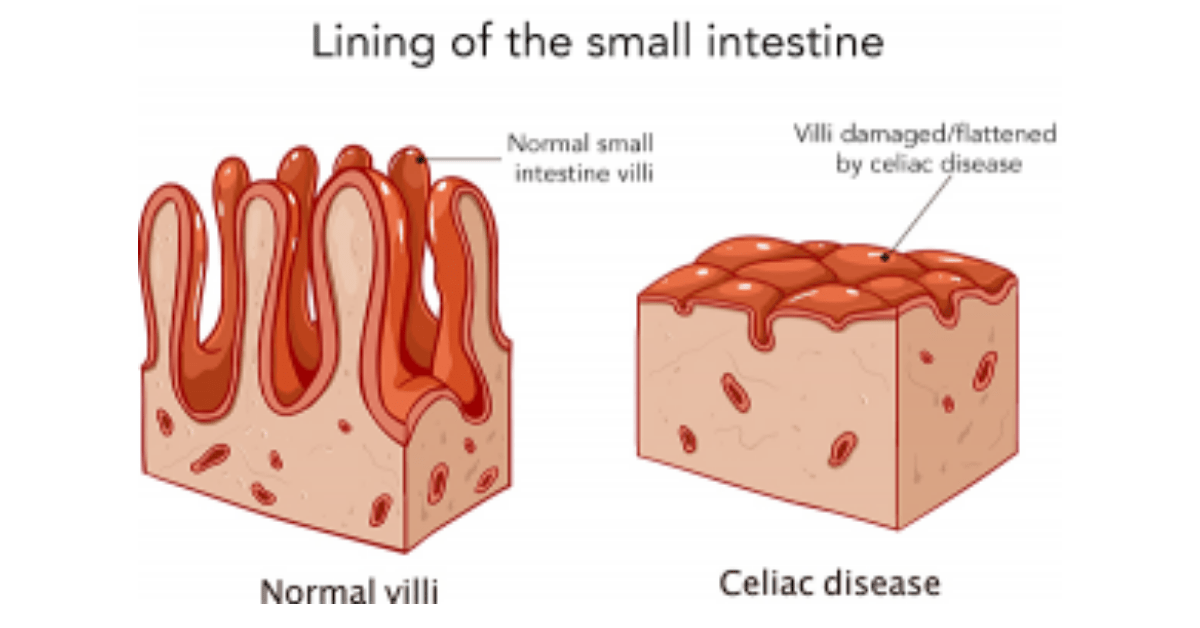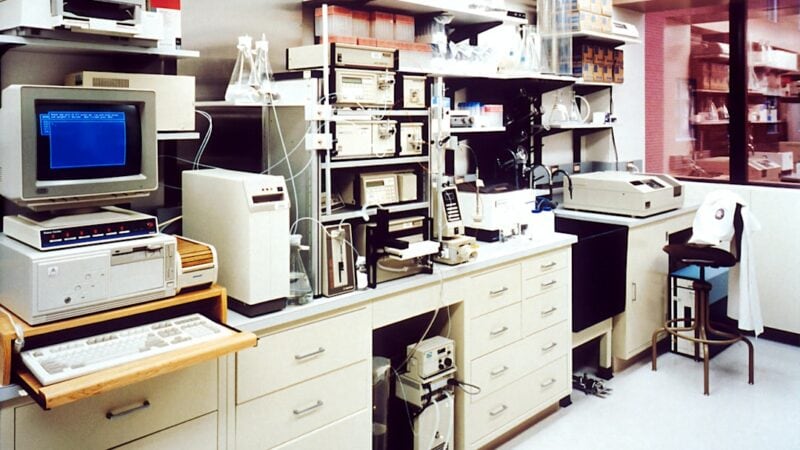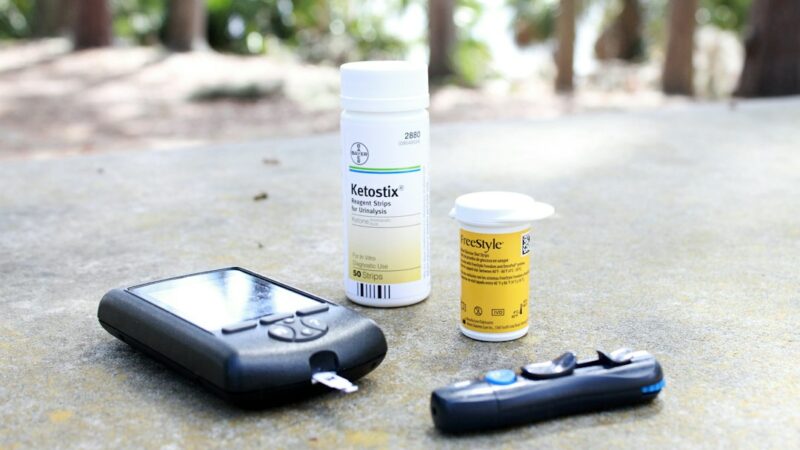Celiac Disease and Infertility: Causes and Treatment Options

Celiac disease is an autoimmune disorder that affects the small intestine and is triggered by the consumption of gluten. It is estimated that 1 in 100 people worldwide have celiac disease, but many cases go undiagnosed. In recent years, there has been growing evidence to suggest a link between celiac disease and infertility. Understanding this link is crucial for individuals who are struggling with fertility issues, as it can provide them with potential answers and treatment options.
Table of Contents
Key Takeaways
- Celiac disease is an autoimmune disorder that can lead to infertility in both men and women.
- Gluten, a protein found in wheat, barley, and rye, triggers the immune response that damages the small intestine in people with celiac disease.
- Celiac disease can affect fertility by disrupting hormone levels, causing nutrient deficiencies, and damaging reproductive organs.
- Symptoms of celiac disease and infertility include abdominal pain, bloating, diarrhea, irregular periods, and low sperm count.
- Diagnosis of celiac disease and infertility involves blood tests, endoscopy, and fertility testing, and treatment options include a gluten-free diet, medication, and fertility treatments.
Understanding Celiac Disease and its Link to Infertility
Celiac disease is a chronic condition in which the immune system reacts to gluten, a protein found in wheat, barley, and rye. When someone with celiac disease consumes gluten, their immune system attacks the lining of the small intestine, causing inflammation and damage. This damage can lead to a variety of symptoms and complications, including malabsorption of nutrients.
The prevalence of celiac disease varies across different populations, but it is estimated that around 1% of the global population has the condition. However, many cases go undiagnosed due to the wide range of symptoms and the fact that some individuals may not experience any symptoms at all.
In recent years, researchers have discovered a link between celiac disease and infertility. Studies have shown that individuals with celiac disease are more likely to experience fertility issues compared to those without the condition. This link is thought to be due to the inflammation and damage caused by celiac disease, which can affect reproductive organs and hormone levels.
The Role of Gluten in Celiac Disease and Infertility
Gluten is a protein found in wheat, barley, and rye. It gives dough its elasticity and helps it rise. In individuals with celiac disease, gluten triggers an immune response that damages the lining of the small intestine. This damage can lead to a variety of symptoms, including diarrhea, abdominal pain, bloating, and fatigue.
In addition to causing damage to the small intestine, gluten can also have an impact on fertility. Research has shown that gluten can disrupt hormone levels and interfere with the reproductive system. This can lead to irregular menstrual cycles, ovulation problems, and decreased sperm quality in men.
The link between gluten and infertility is not fully understood, but it is believed that the inflammation caused by celiac disease plays a role. Inflammation can disrupt the delicate balance of hormones needed for fertility and can also damage reproductive organs.
How Celiac Disease Affects Fertility in Women and Men
Celiac disease can have a significant impact on fertility in both women and men. In women, celiac disease can lead to irregular menstrual cycles, delayed puberty, early menopause, and an increased risk of miscarriage. It can also affect the development of the placenta during pregnancy, which can increase the risk of complications.
In men, celiac disease can cause hormonal imbalances that affect sperm production and quality. This can lead to decreased sperm count, motility, and morphology. It can also increase the risk of erectile dysfunction and sexual dysfunction.
Undiagnosed celiac disease can have a profound impact on fertility for both men and women. Without proper treatment, individuals with celiac disease may struggle to conceive or may experience recurrent miscarriages. It is important for individuals who are experiencing fertility issues to consider getting tested for celiac disease.
Symptoms of Celiac Disease and Infertility
Celiac disease can present with a wide range of symptoms, and these symptoms can vary between individuals. Common symptoms include diarrhea, abdominal pain, bloating, fatigue, weight loss, and nutrient deficiencies. However, some individuals may not experience any symptoms at all or may have atypical symptoms such as skin rashes or joint pain.
In terms of infertility, the symptoms can also vary between individuals. Some women may experience irregular menstrual cycles, while others may have difficulty getting pregnant or may experience recurrent miscarriages. Men may experience decreased libido, erectile dysfunction, or problems with sperm quality.
It is important to note that not everyone with celiac disease will experience fertility issues, and not everyone with fertility issues will have celiac disease. However, if you are experiencing any of these symptoms, it is worth considering getting tested for celiac disease.
Diagnosis and Testing for Celiac Disease and Infertility

Celiac disease is typically diagnosed through a combination of blood tests and a biopsy of the small intestine. Blood tests can detect the presence of certain antibodies that are associated with celiac disease. If the blood tests are positive, a biopsy may be performed to confirm the diagnosis.
Testing for infertility related to celiac disease can be more complex. It may involve a variety of tests, including hormone testing, semen analysis, ultrasound imaging, and genetic testing. It is important to work with a healthcare provider who is experienced in both celiac disease and fertility issues to ensure accurate diagnosis and appropriate treatment.
Accurate diagnosis is crucial for individuals who are experiencing fertility issues related to celiac disease. Once diagnosed, individuals can begin treatment and make necessary lifestyle changes to improve their chances of conceiving.
Treatment Options for Celiac Disease and Infertility
The primary treatment for celiac disease is a strict gluten-free diet. This means avoiding all sources of gluten, including wheat, barley, rye, and any products that contain these ingredients. Following a gluten-free diet can help reduce inflammation in the small intestine and allow it to heal.
In terms of infertility related to celiac disease, treatment options will depend on the specific cause of the fertility issues. In some cases, simply following a gluten-free diet may be enough to improve fertility. In other cases, additional interventions such as hormone therapy or assisted reproductive technologies may be necessary.
It is important for individuals with celiac disease and fertility issues to work with a healthcare provider who can develop an individualized treatment plan based on their specific needs and goals.
Gluten-Free Diet and its Impact on Fertility
Following a gluten-free diet can have a positive impact on fertility for individuals with celiac disease. By eliminating gluten from the diet, individuals can reduce inflammation in the small intestine and improve nutrient absorption. This can help regulate hormone levels and improve reproductive function.
Research has shown that following a gluten-free diet can lead to improvements in menstrual regularity, ovulation, and pregnancy rates in women with celiac disease. It can also improve sperm quality and sexual function in men with the condition.
However, it is important to note that following a gluten-free diet can be challenging. Gluten is found in many common foods and ingredients, and cross-contamination can occur during food preparation. It is important for individuals with celiac disease to be diligent about reading labels, asking questions about food preparation, and seeking out gluten-free alternatives.
Managing Celiac Disease and Infertility: Lifestyle Changes and Support
Managing celiac disease and infertility often requires making significant lifestyle changes. Following a strict gluten-free diet is essential for individuals with celiac disease, but it can also be beneficial for those experiencing fertility issues. In addition to dietary changes, individuals may need to make other lifestyle changes such as quitting smoking, reducing alcohol consumption, and managing stress.
Support from healthcare providers and loved ones is crucial for individuals managing celiac disease and infertility. Healthcare providers can provide guidance on treatment options, monitor progress, and offer emotional support. Loved ones can provide understanding, encouragement, and help with meal planning and preparation.
Coping with the emotional impact of infertility can be challenging, and it is important for individuals to seek support from others who are going through similar experiences. Support groups, online forums, and counseling services can provide a safe space for individuals to share their feelings and find support.
Seeking Fertility Treatment with Celiac Disease: Considerations and Risks
Individuals with celiac disease who are seeking fertility treatment should be aware of the potential risks and considerations. Some fertility treatments, such as in vitro fertilization (IVF), may involve the use of medications or procedures that can be challenging for individuals with celiac disease.
It is important for individuals to work with a healthcare provider who is experienced in both celiac disease and fertility treatment to ensure that the treatment plan is safe and effective. The healthcare provider can help navigate any potential risks or complications and provide guidance on how to manage celiac disease during fertility treatment.
The Importance of Early Detection and Treatment of Celiac Disease for Fertility
Early detection and treatment of celiac disease is crucial for individuals who are experiencing fertility issues. By diagnosing and treating celiac disease early, individuals can reduce inflammation, improve nutrient absorption, and regulate hormone levels. This can increase the chances of conceiving naturally or improve the success rates of fertility treatments.
Regular check-ups and monitoring are important for individuals with celiac disease to ensure that their condition is well-managed and to identify any potential complications or fertility issues. It is important for individuals to prioritize their health and fertility by seeking medical attention if they are experiencing any symptoms or concerns.
In conclusion, there is a clear link between celiac disease and infertility. Understanding this link is crucial for individuals who are struggling with fertility issues, as it can provide them with potential answers and treatment options. By following a gluten-free diet, seeking appropriate medical care, and making necessary lifestyle changes, individuals with celiac disease can improve their chances of conceiving and having a healthy pregnancy. It is important for individuals to prioritize their health and fertility by seeking medical attention if they are experiencing any symptoms or concerns.
If you’re interested in learning more about the connection between Celiac Disease and infertility, you may also want to check out this informative article on TurnToBeHealthy.com. The article explores the causes and treatment options for Celiac Disease and infertility, shedding light on how these two conditions are intertwined. Understanding the relationship between Celiac Disease and infertility can be crucial for individuals struggling with both issues. To delve deeper into this topic, click here: Celiac Disease and Infertility: Causes and Treatment Options.
FAQs
What is celiac disease?
Celiac disease is an autoimmune disorder that affects the small intestine. It is triggered by the consumption of gluten, a protein found in wheat, barley, and rye.
What are the symptoms of celiac disease?
The symptoms of celiac disease can vary widely, but may include abdominal pain, bloating, diarrhea, constipation, fatigue, and weight loss.
How does celiac disease affect fertility?
Celiac disease can affect fertility in both men and women. In women, it can lead to menstrual irregularities, early menopause, and infertility. In men, it can cause low sperm count and reduced sperm motility.
What are the treatment options for celiac disease?
The only treatment for celiac disease is a strict gluten-free diet. This means avoiding all foods that contain wheat, barley, and rye. In some cases, nutritional supplements may also be recommended.
Can a gluten-free diet improve fertility in people with celiac disease?
Yes, a gluten-free diet can improve fertility in people with celiac disease. Studies have shown that women with celiac disease who follow a gluten-free diet are more likely to conceive and have a successful pregnancy.
Is there a link between celiac disease and miscarriage?
Yes, there is a link between celiac disease and miscarriage. Women with untreated celiac disease are at a higher risk of miscarriage and stillbirth. However, following a gluten-free diet can reduce this risk.






